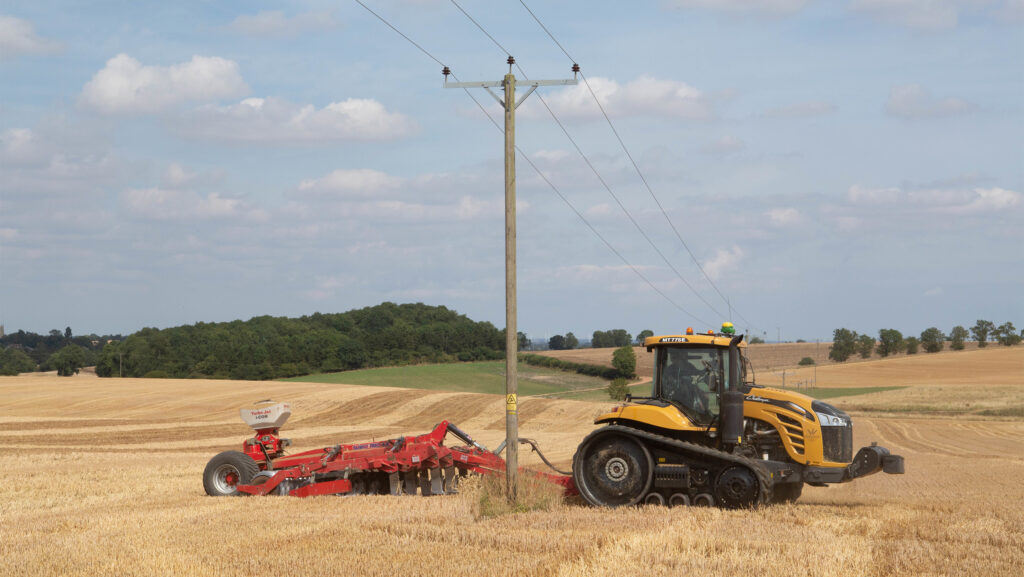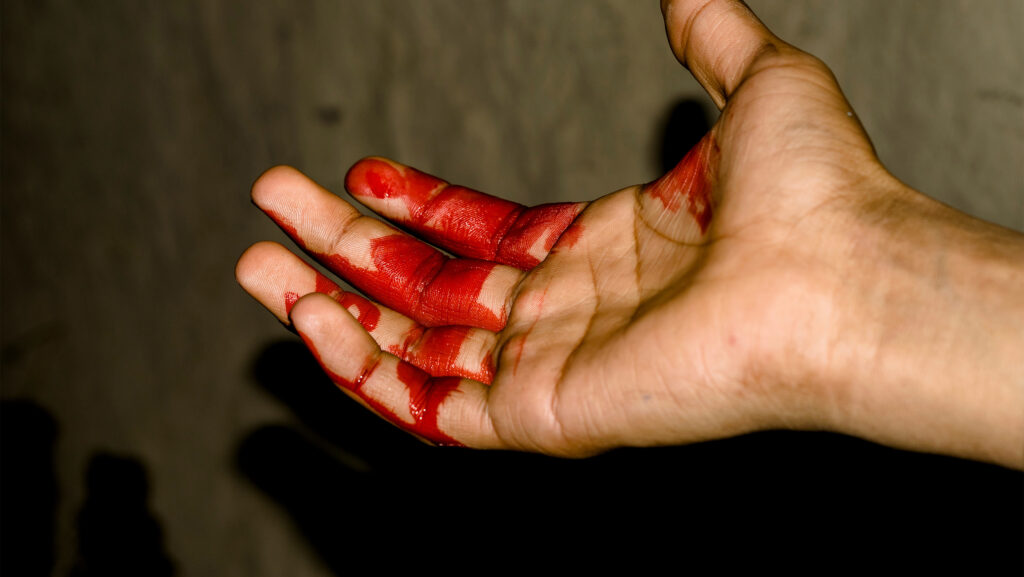Farm safety advice issued in run-up to harvest
 © Tim Scrivener
© Tim Scrivener Farmers gearing up for harvest are being urged not to cut corners on safety, especially when working near overhead electricity cables.
According to Health and Safety Executive (HSE) data, an average of two people are killed every year and many more are injured after coming into contact with overhead lines while working on farms.
See also: Farmers reminded of road safety after fatal tractor collision
Ahead of Farm Safety Week – which runs from 22-26 July – an electricity distribution network operator, in one of the UK’s biggest arable and grass growing regions, has issued an information guide on what farmers and their workers must do to avoid becoming one of those statistics.
Through its “Look Up It’s Live” campaign, Northern Powergrid advises the following:
- Inform anyone working near power lines of the dangers and the action they should take if an emergency arises
- You don’t have to make contact with a power line to be in danger as electricity can jump to an object or person, so stay well clear
- Risk assess every situation on every occasion, as ground levels can change over time and reduce vehicle clearance
- Always carry a mobile phone.
There is also advice on what steps to take if there is an emergency involving a power line:
- Drive well clear if it is safe to do so and call 105
- If it is not safe, stay in the cab, call 105 and warn others to stay clear
- In situations where it is unsafe to remain in the cab, jump well clear, but don’t step down or make contact with the vehicle and the ground at the same time
- Land with both feet together and make leaping strides away, so that one foot is always off the ground
- Warn others to stay clear. Damaged power lines can stay live or become live at any time without warning.
Blood loss control kits can save lives

© Adobe Stock
Severe blood loss from accidents involving machinery and pto shafts is another constant danger on farms.
Managing severe bleeding can often make the difference between life and death in an emergency situation.
A new emergency kit for controlling bleeding has been developed by West Midlands Ambulance Service to do just that.
It has been developed in partnership with Lynne Baird, whose son Daniel was fatally stabbed in Birmingham in 2017.
The kits are being produced by Turtle Defib Cabinets, a company which also manufactures a defibrillator cabinet powered by solar and wind.
The emergency kit, which includes a range of appropriate dressings, torniquets, masks and scissors, helps those who are first on the scene of an accident or an injury to keep blood loss under control until medical help arrives.
